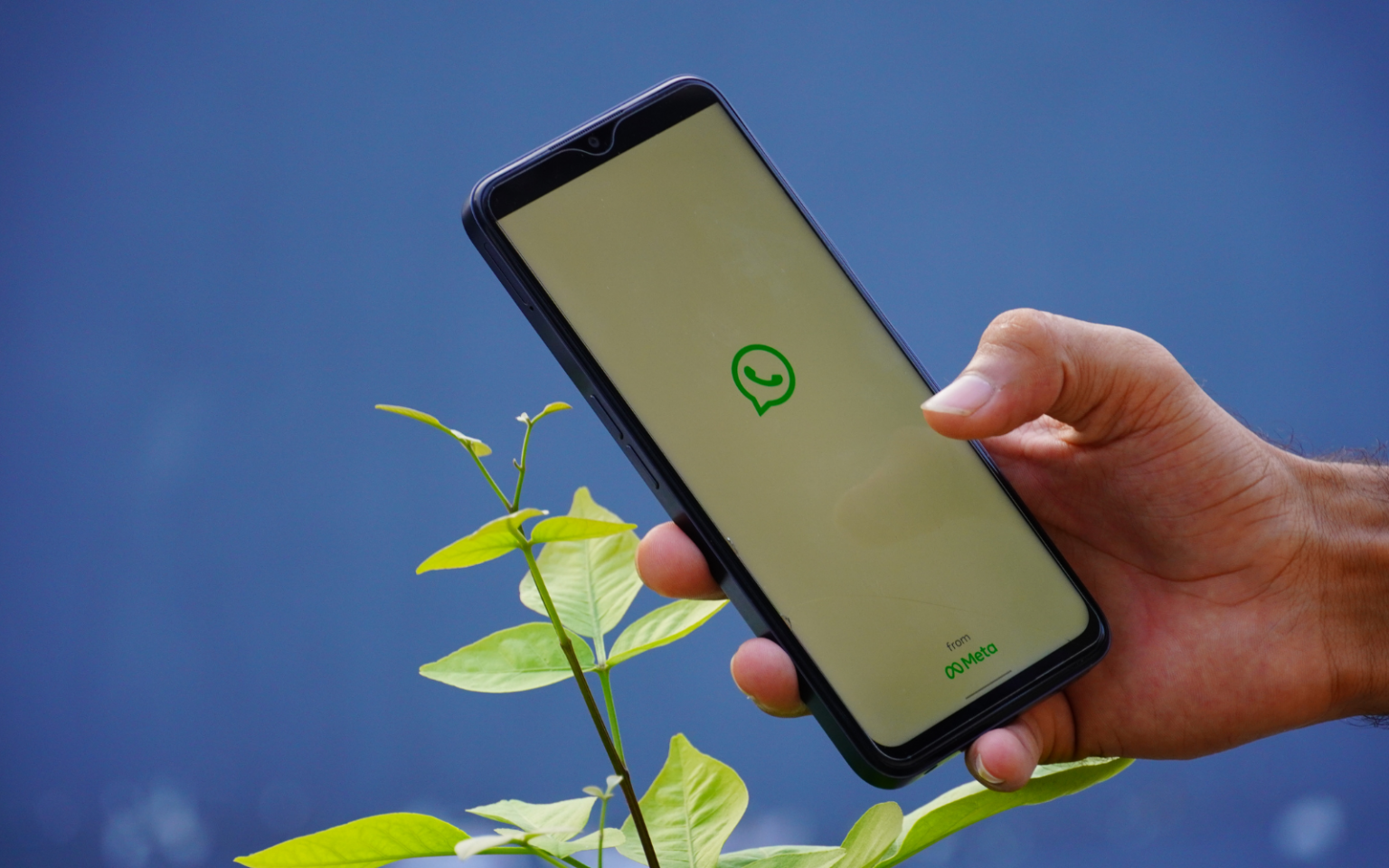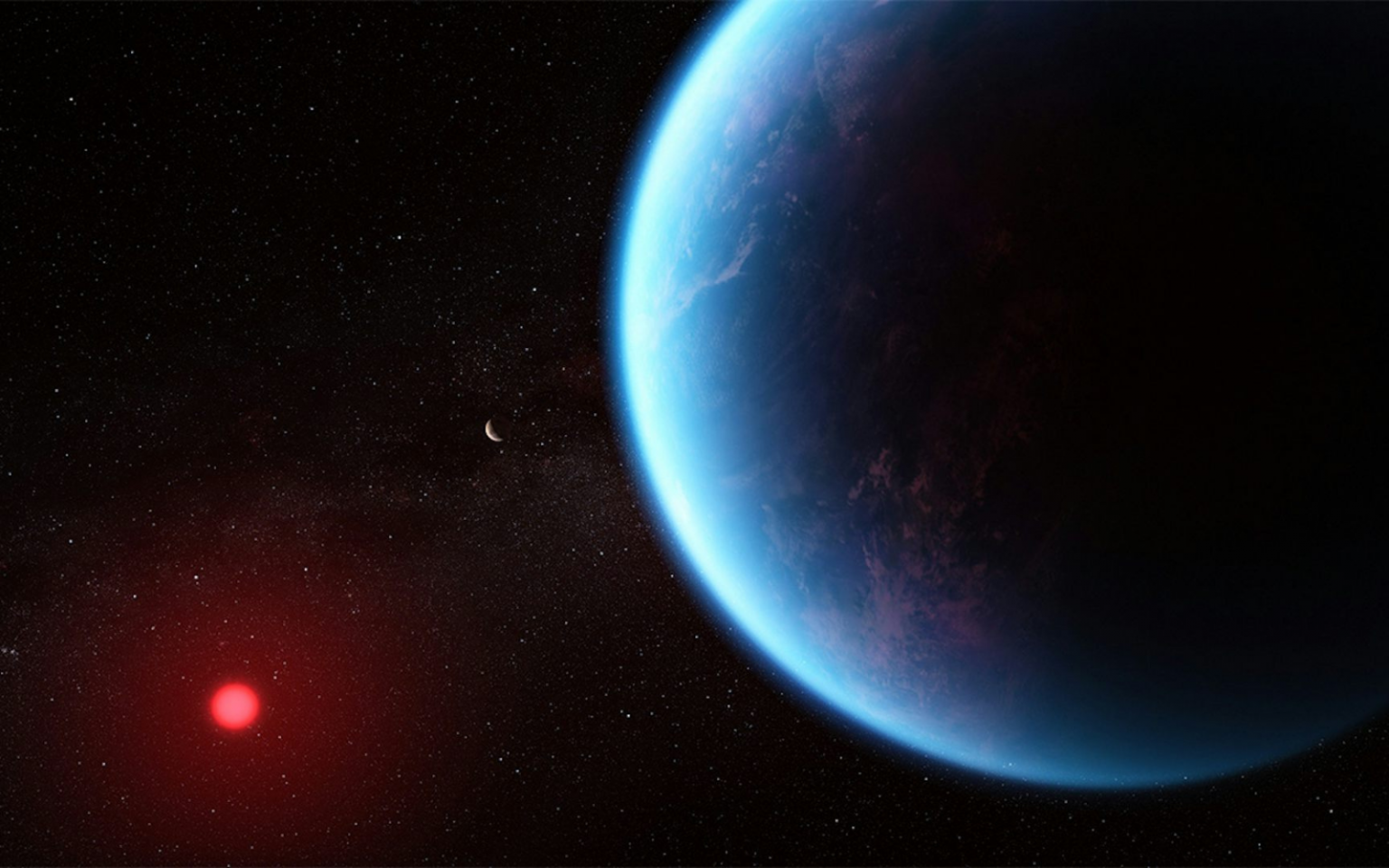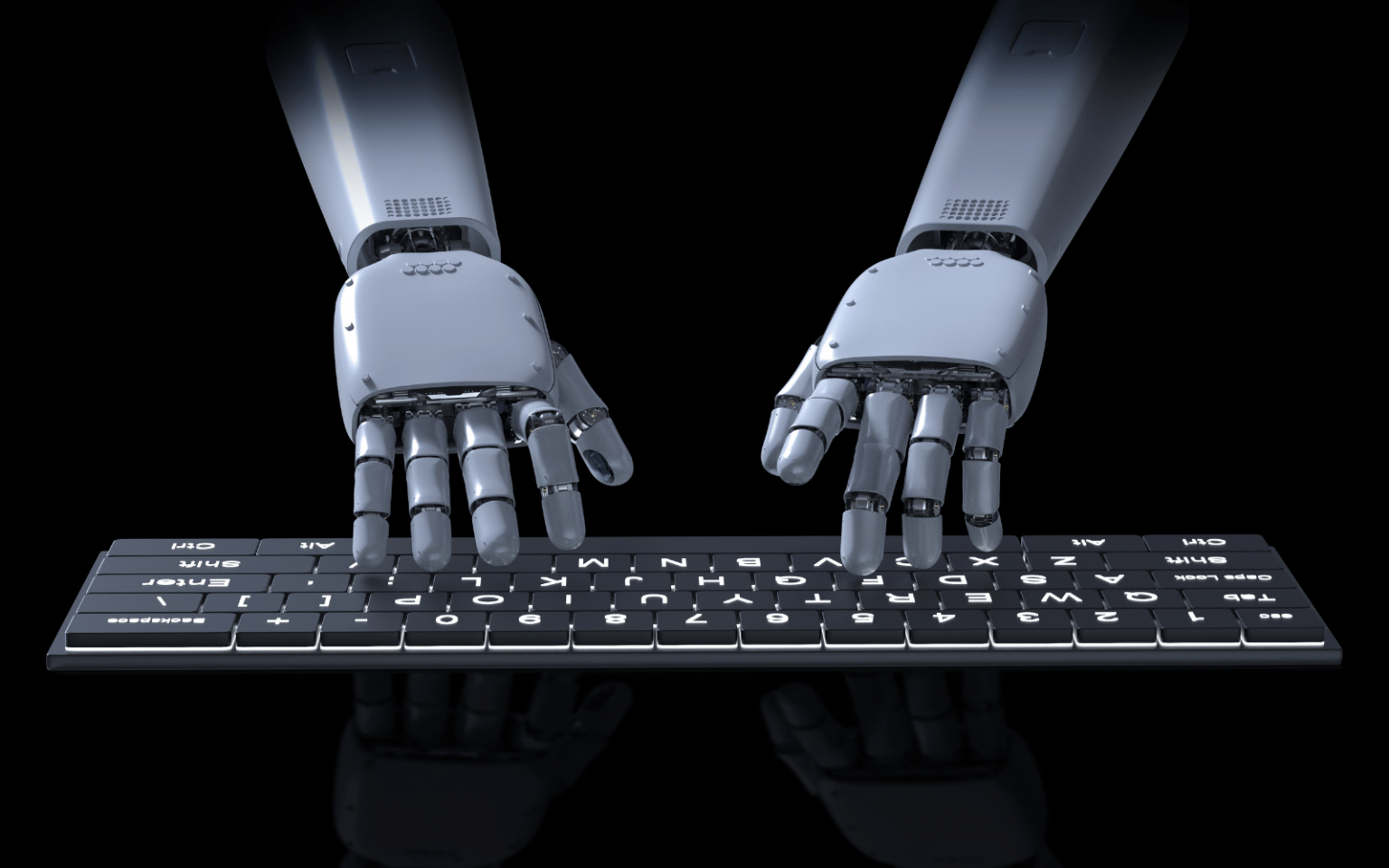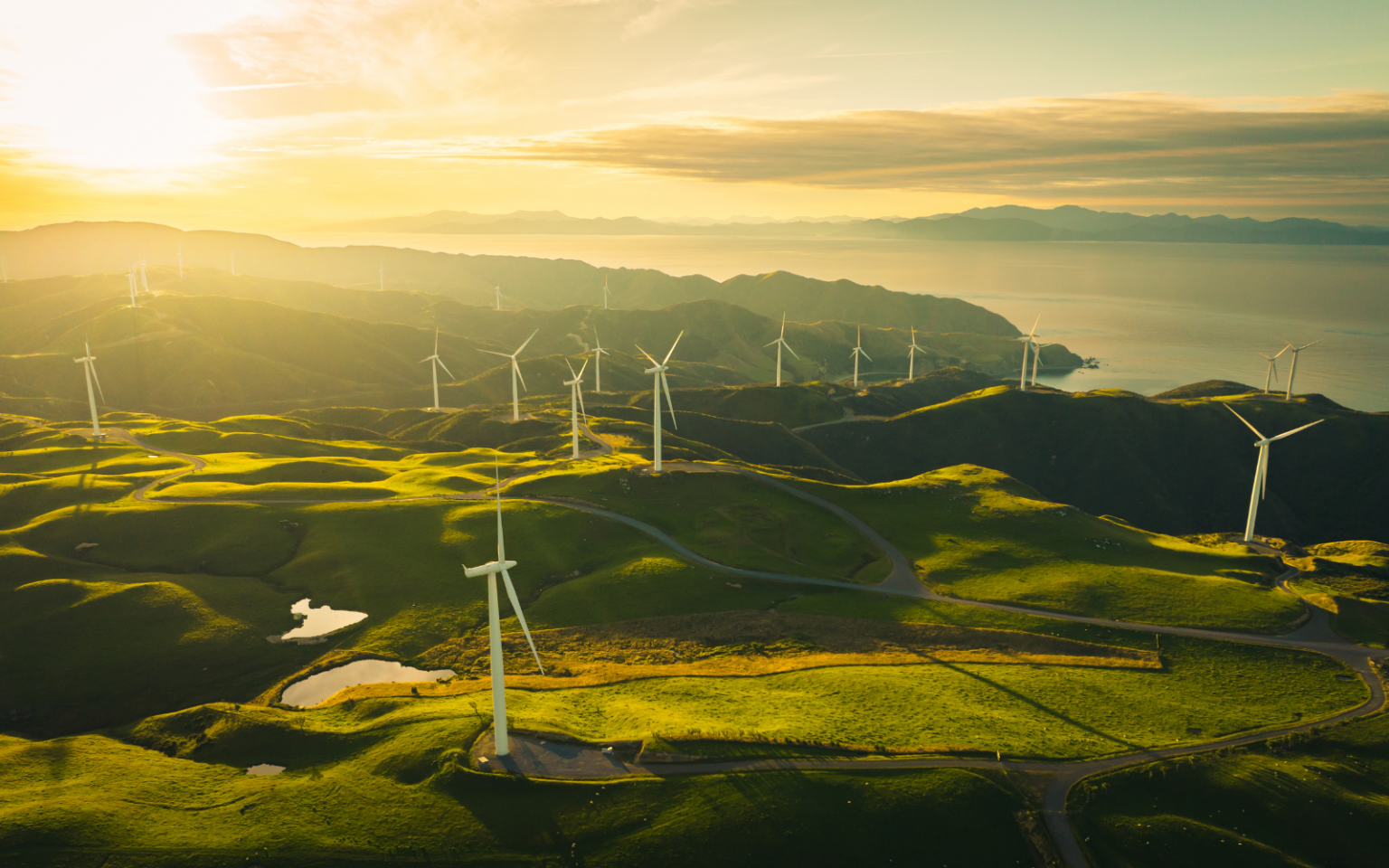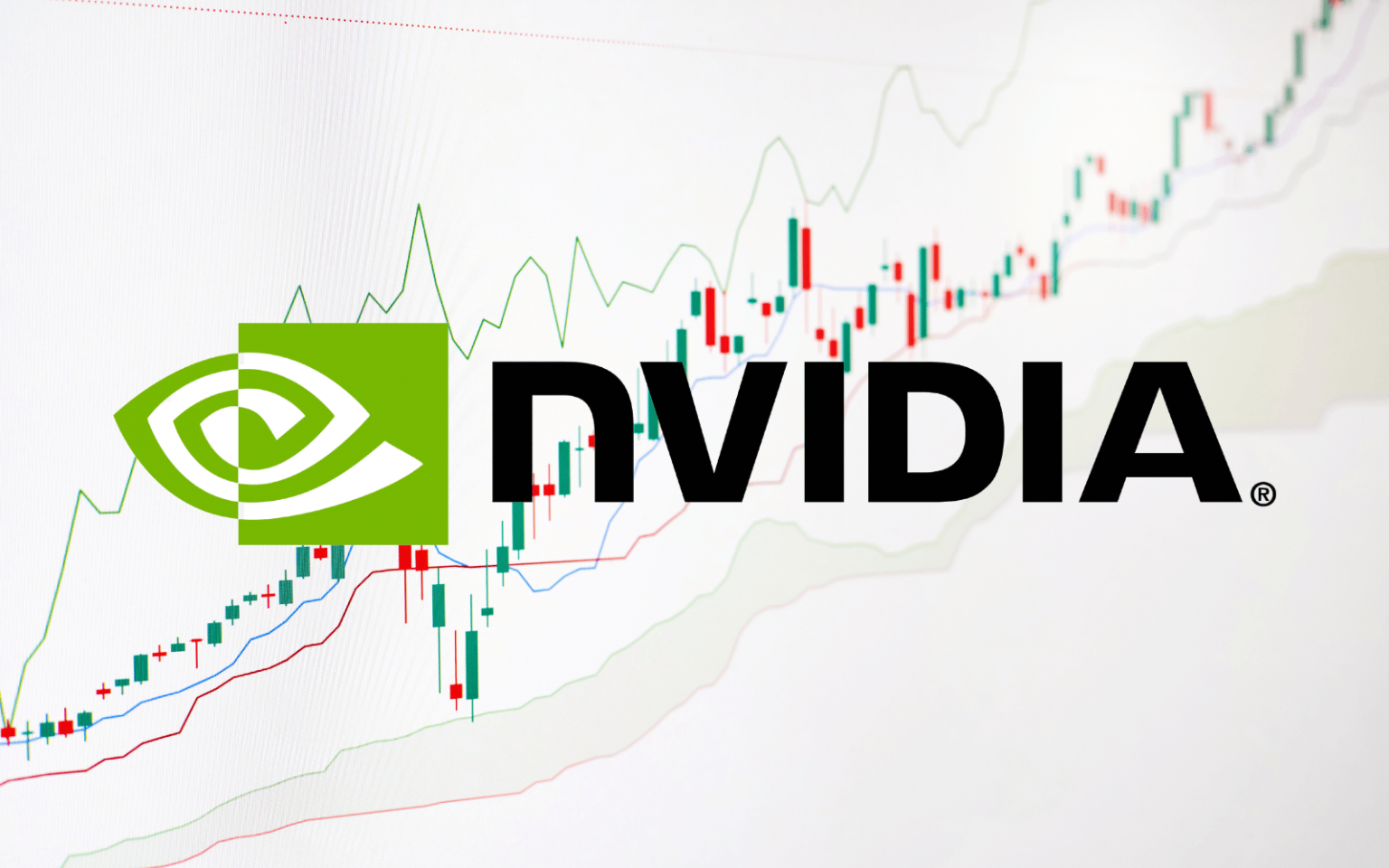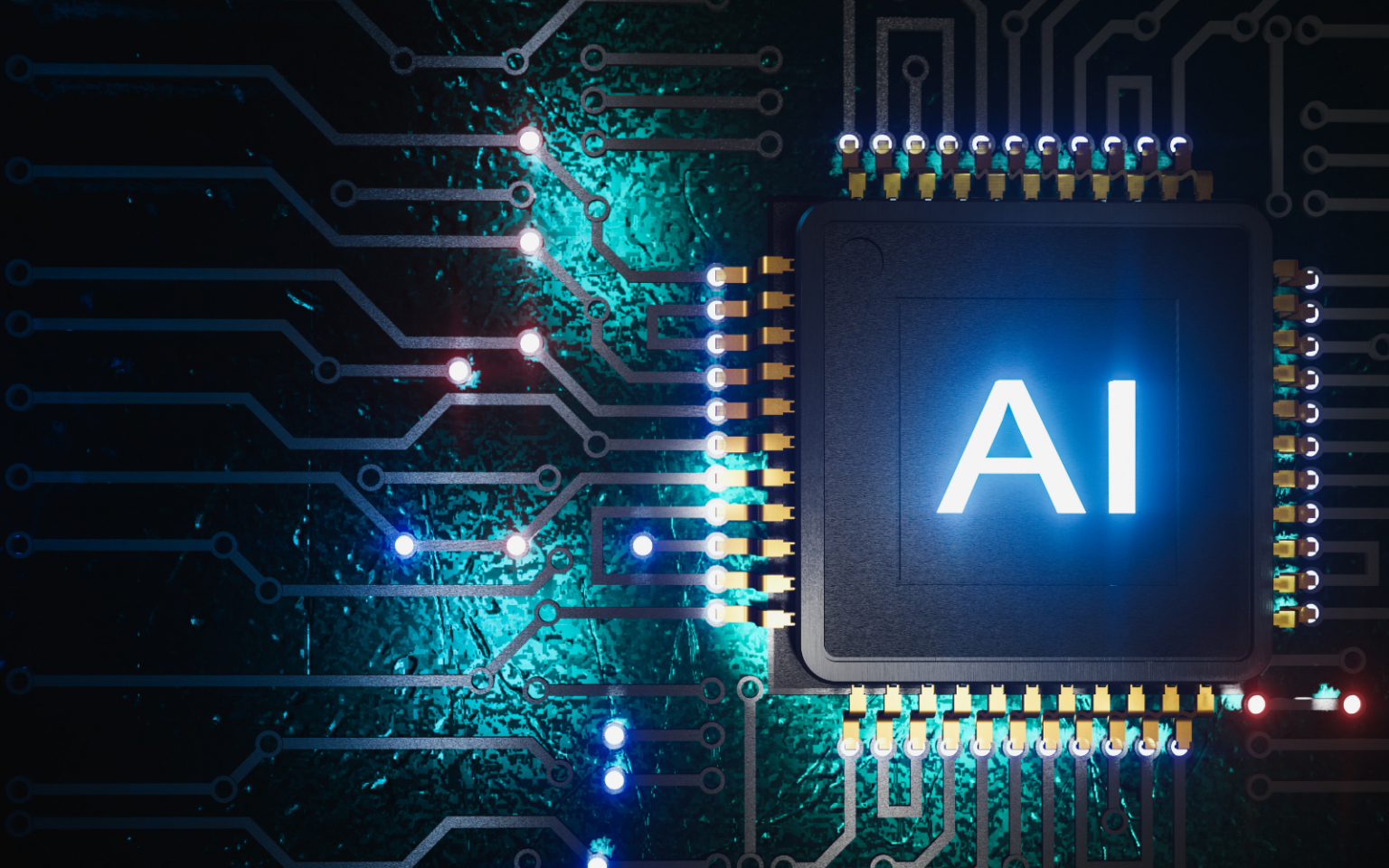Since ChatGPT appeared almost three years ago, the impact of artificial intelligence (AI) technologies on learning has been widely debated. Are they handy tools for personalised education, or gateways to academic dishonesty? Most importantly, there has been concern that using AI will lead to a widespread “dumbing down”, or decline in the ability to think critically. If students use AI tools too early, the argument goes, they may not develop basic skills for critical thinking and problem-solving. Is that really the case? According to a recent study by scientists from MIT, it appears so. Using ChatGPT to help write essays, the researchers say, can…
Author: The Conversation
The decision to start advertising on WhatsApp marks a major shift for a private messaging service that has long positioned itself as being different from other social media platforms. Back when Meta (then known simply as Facebook) bought it in 2014 for US$19 billion, WhatsApp had an unusual and simple business model. Users were required to pay a very small annual fee (US$1 (£0.69)) in return for a minimalist, ad-free experience. That fee was scrapped in 2016, and WhatsApp became fully free. But it always had the potential to eventually align with Meta’s wider operation of offering free services for users to connect to others –…
More than 80% of children aged ten to 12 in the UK own a smartphone, according to a recent report by media watchdog Ofcom. Many people think this is a bad thing: there has been much debate about whether children should be allowed to have smartphones. The discussions around the potential negative aspects of children’s smartphone use often focus on the possible mental health risks of social media, or how spending too much time glued to a screen rather than in nature or interacting with others might affect children. On the other hand, smartphones may help children stay connected and interact with supportive communities. But there’s another aspect…
The search for life beyond Earth is a key driver of modern astronomy and planetary science. The U.S. is building multiple major telescopes and planetary probes to advance this search. However, the signs of life – called biosignatures – that scientists may find will likely be difficult to interpret. Figuring out where exactly to look also remains challenging. I am an astrophysicist and astrobiologist with over 20 years of experience studying extrasolar planets – which are planets beyond our solar system. My colleagues and I have developed a new approach that will identify the most interesting planets or moons to search for life and help…
In less than three years, artificial intelligence (AI) technology has radically changed the assessment landscape. In this time, universities have taken various approaches, from outright banning the use of generative AI, to allowing it in some circumstances, to allowing AI by default. But some university teachers and students have reported they remain confused and anxious, unsure about what counts as “appropriate use” of AI. This has been accompanied by concerns AI is facilitating a rise in cheating. There is also a broader question about the value of university degrees today if AI is used in student assessments. In a new journal article, we examine current approaches…
The world’s most developed economies have also burned the most oil and coal (fossil fuels) over the years, causing the most climate change damage. Preventing further climate change means a global fossil fuel phase-out must happen by 2050. Climate change mitigation scientists Sven Teske and Saori Miyake analysed the potential for renewable energy in each of the G20 countries. They concluded that the G20 is in a position to generate enough renewable energy to supply the world. For African countries to benefit, they must adopt long-term renewable energy plans and policies and secure finance from G20 countries to set up renewable energy…
Jensen Huang believes questions of whether artificial intelligence could destroy humanity are fear-mongering – and get in the way of progress. The founder of Nvidia, which makes the computer chips enabling AI such as ChatGPT, he was rankled when a journalist wondered if he is “an AI Robert Oppenheimer”. He’s not building bombs, he responded. But for journalist Stephen Witt, what he terms “The Fear” (shared by arguably “the three most cited computer scientists alive”) was a motive for writing The Thinking Machine, his history of Nvidia. His book, which doubles as a biography of its founder, asks: what does the artificial intelligence Nvidia…
If you’ve worried that AI might take your job, deprive you of your livelihood, or maybe even replace your role in society, it probably feels good to see the latest AI tools fail spectacularly. If AI recommends glue as a pizza topping, then you’re safe for another day. But the fact remains that AI already has definite advantages over even the most skilled humans, and knowing where these advantages arise — and where they don’t — will be key to adapting to the AI-infused workforce. AI will often not be as effective as a human doing the same job. It won’t…
The problem is simple: it’s hard to know whether a photo’s real or not anymore. Photo manipulation tools are so good, so common and easy to use, that a picture’s truthfulness is no longer guaranteed. The situation got trickier with the uptake of generative artificial intelligence. Anyone with an internet connection can cook up just about any image, plausible or fantasy, with photorealistic quality, and present it as real. This affects our ability to discern truth in a world increasingly influenced by images. I teach and research the ethics of artificial intelligence (AI), including how we use and understand digital images. Many people ask how we…
Next time you’re working in a coffee shop or similar public space, take a moment to look around at your “co-workers” for the day, busy, like you are, with laptops, cellphones and tablets. How many of those devices belong to the organisations that employ them? Or are they – and you – using personal devices to conduct company business? Many businesses are embracing the convenience of a practice known as “bring your own device”. This allows employees to use their personal or privately owned devices such as smartphones, laptops, USB drives, and even personal cloud storage, for work purposes. A…


